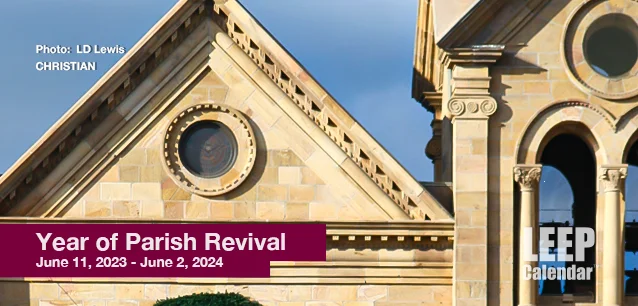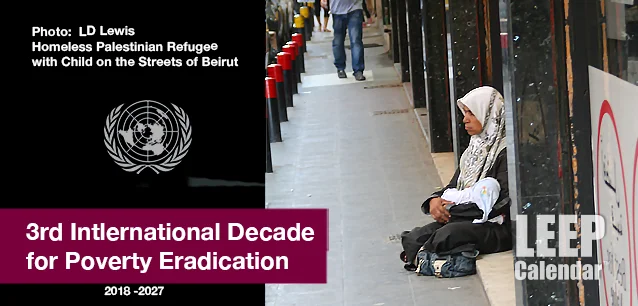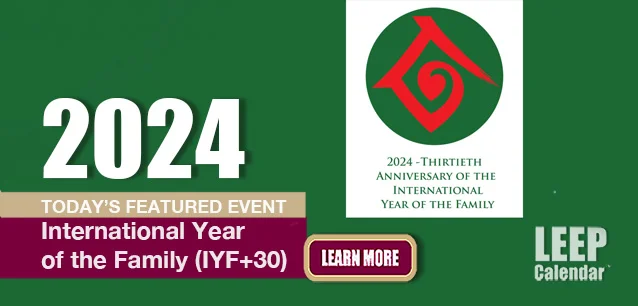 AD
AD
Today is: November 07
Scroll to explore events active on this date.
Additional Events on LEEP
LEEP INK FEATURES

August is Appropos
A toddler playing in the fountain at a park in Santa Fe, New Mexico—Photo LD Lewis. In August, we live through the Dog Days of Summer. It's hot and often humid, and those ...

September is Sassy
Can you hear that sigh of relief from parents worldwide? Yes! September marks the return of students to school, a global phenomenon. Preparations for the ACT and SATs begin earnestly for ...

OOH LA LA, October
October is the busiest month for events, with 5% more happening than in May, the second most eventful month. Sailing enthusiasts will be glued to the finals of this year's Am...
About the Historic Anniversary when Jerusalem Falls (70AD)
Military , Jewish
Christian , Middle East/West Asia
Ends: Sep 07, 2025
DESCRIPTION:
The fall of Jerusalem and the second temple's destruction is a critical date in Jewish and Christian theology that resonates even today.
JEWISH:
September 7, 70 AD, witnessed the fall of the eternal city of Jerusalem and the destruction of the temple used by the Hebrews to worship God. The Hebrews believe God lived in the temple, in the room called the Holy of Holies. The temple is where the Hebrews performed animal sacrifices for God and the center of their faith.
For four years, the Hebrews of Palestine waged war against the Romans for control the city and their way of life. Emperor Titus and his second-in-command, Tiberius Julius Alexander, would ultimately conquer Jerusalem, destroying the Second Temple and exiling the remaining Hebrew population.
The Sanhedrin, leaders of the faith, would eventually escape to Yavneh and spend the next 125 years creating the Jerusalem Talmud.
In the days before Passover, Titus began attacking the city of Jerusalem, using four legions, three from the west side and the fourth advancing east at the Mount of Olives.
On the west side, the attack began at the Third Wall, which was breached in May, making it easy for the Romans to seize the temple, which was destroyed by fire.
For Jewish people, it is a day of sorrow as it marks the end of the Hebrews' temple-based faith and the beginning of Talmudic Rabbinism (modern Judaism). The temple's destruction is known as Tisha b'Av in the Hebrew calendar and occurs in the month of Av.
In the Gregorian calendar date is September 7.
CHRISTIAN:
The fall of Jerusalem and the destruction of the temple mark the fulfillment of the prophecies of Christ. No longer would God reside in a temple room; now, God is omnipresent, living in the hearts of humans and accessible to all.
For most Christians, it signifies the destruction of the old faith and the evolution of the New Testament, God's new covenant with man. The Old Testament remained as a historical reference, part of the faith, but not the foundation.
MODERN-DAY ITERATIONS
In the nineteenth century, Protestant factions split into a new form of the faith called Dispensationalism, practiced today by non-denominational evangelicals and some more mainline groups, including the Southern Baptist Convention and Pentecostal church. Dispensationalism places the teachings of the Old Testament in higher importance over the New Testament.
The faithful believe that time was essentially suspended for 2,000 years and initiated again with the establishment of the nation-state of Israel in Palestine in 1948. A core objective of Dispensationalists is re-building the Hebrew temple in Jerusalem and reviving its customs before 70AD on the land where the Al Aqsa mosque stands. These actions, they believe, are required to bring Christ back to earth for the End Times, a great battle where they will be saved, and all others, including those of the Jewish faith, will perish.
Politically, Dispensationalists are called Christian Zionists and represent nearly 300 million of the two billion Christians worldwide. Their beliefs and goals greatly influence and dramatically impact geopolitics and current events, despite being less than 4% of the global and 15% of the Christian population.
VIDEOS
Currently, this event does not have supporting videos.
SUPPORTING DOCUMENTS
Currently, this event does not have supporting documents.
ADDITIONAL IMAGES
Currently, this event does not have supporting images.
Where would you like to go now?
 AD
AD






































































/footer-logo.svg)
